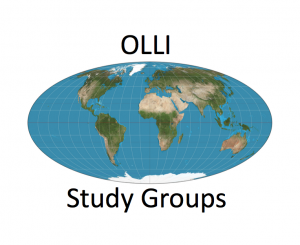
In the year 1600, some British merchants sailed to Asia in search of fortune in trade and in the course of time they built “factories” in Indian coastal towns like Madras, Bombay, and Calcutta to expand trade. They were in competition with their fellow traders from Portugal, Netherlands, France, Denmark, and Sweden, who tried their own fortunes in India. They all got involved in the local political intrigue, but the British emerged as the preeminent power. 1757 saw the ascendancy of the British East India Company as the ruler of Bengal. Over the next one hundred years, the Company expanded its power over most of the Indian subcontinent by military conquest. A massive popular rebellion against the Company in 1857 was brutally crushed. The next year, the British Parliament dissolved the Company and took over the ruling of India, as a result of the uprising.
The 20th century saw two world wars and massive social, economic, and technological changes globally along with the rise of the independence movement in India. Britain ceded power in 1947 to two political entities, India and Pakistan. Instructor Lakshminarayanan will hold work groups on Fridays from March 27 through May 15 (no class on April 10).
The 20th century saw two world wars and massive social, economic, and technological changes globally along with the rise of the independence movement in India. Britain ceded power in 1947 to two political entities, India and Pakistan. Instructor Lakshminarayanan will hold work groups on Fridays from March 27 through May 15 (no class on April 10).